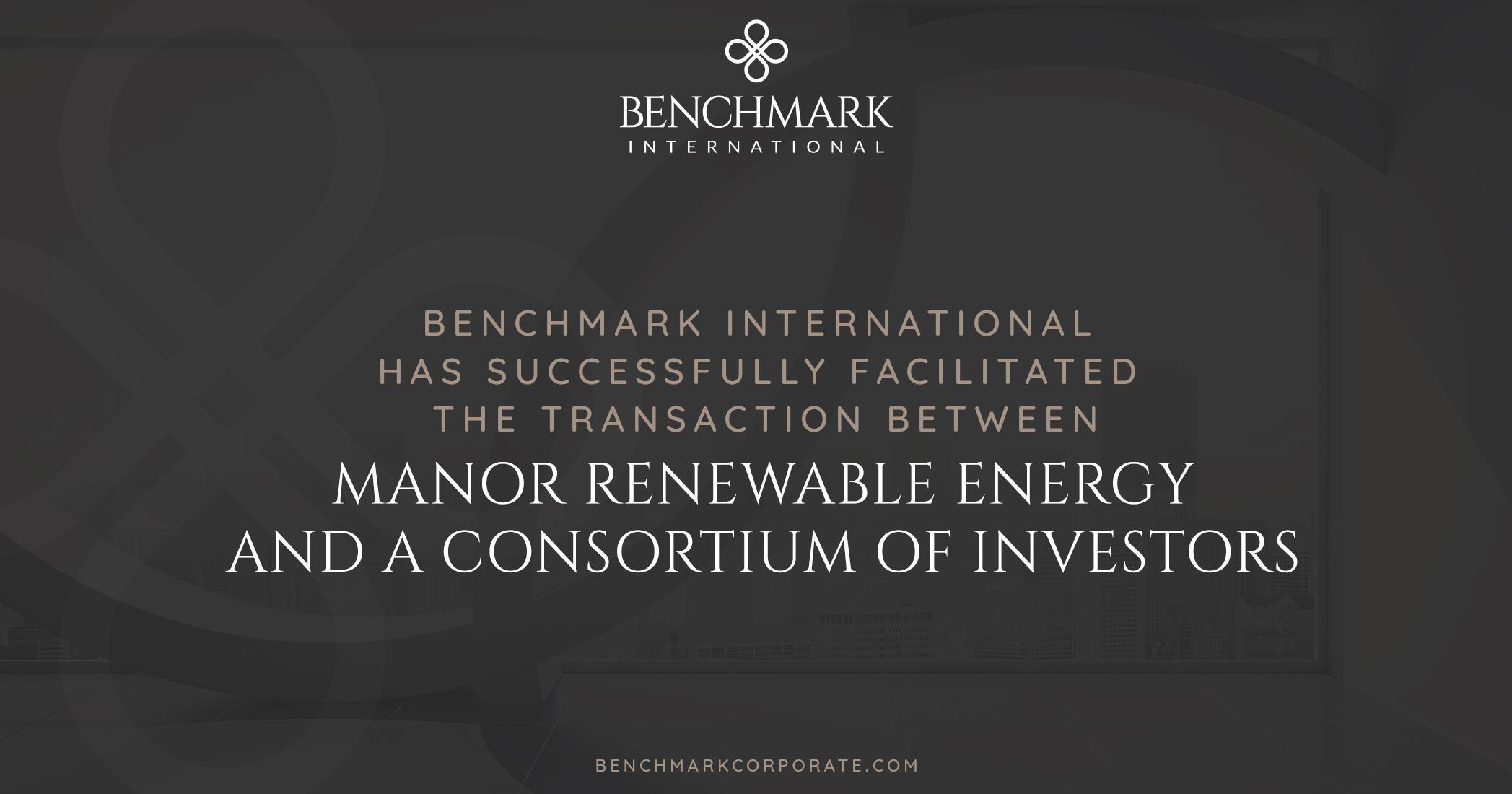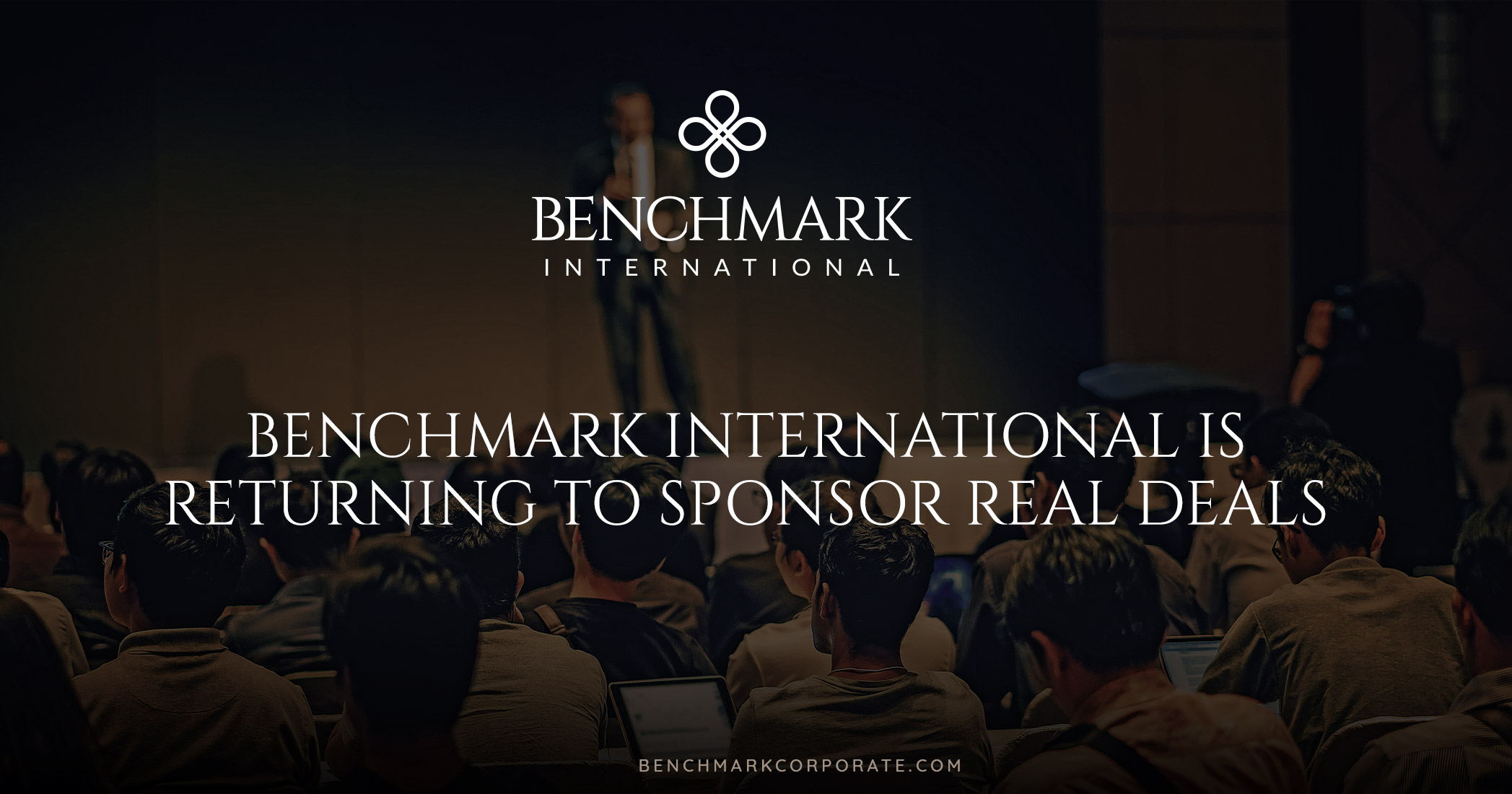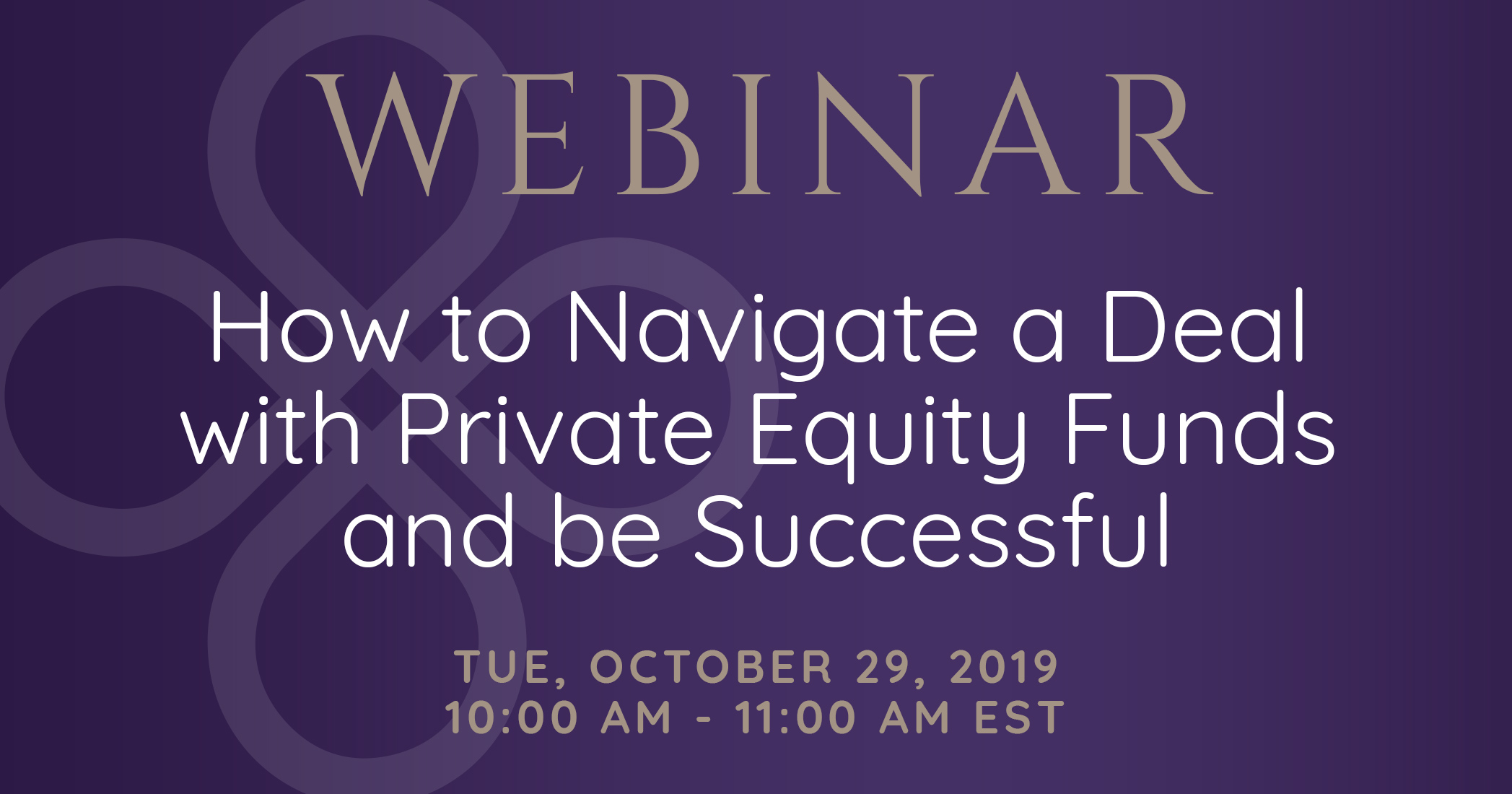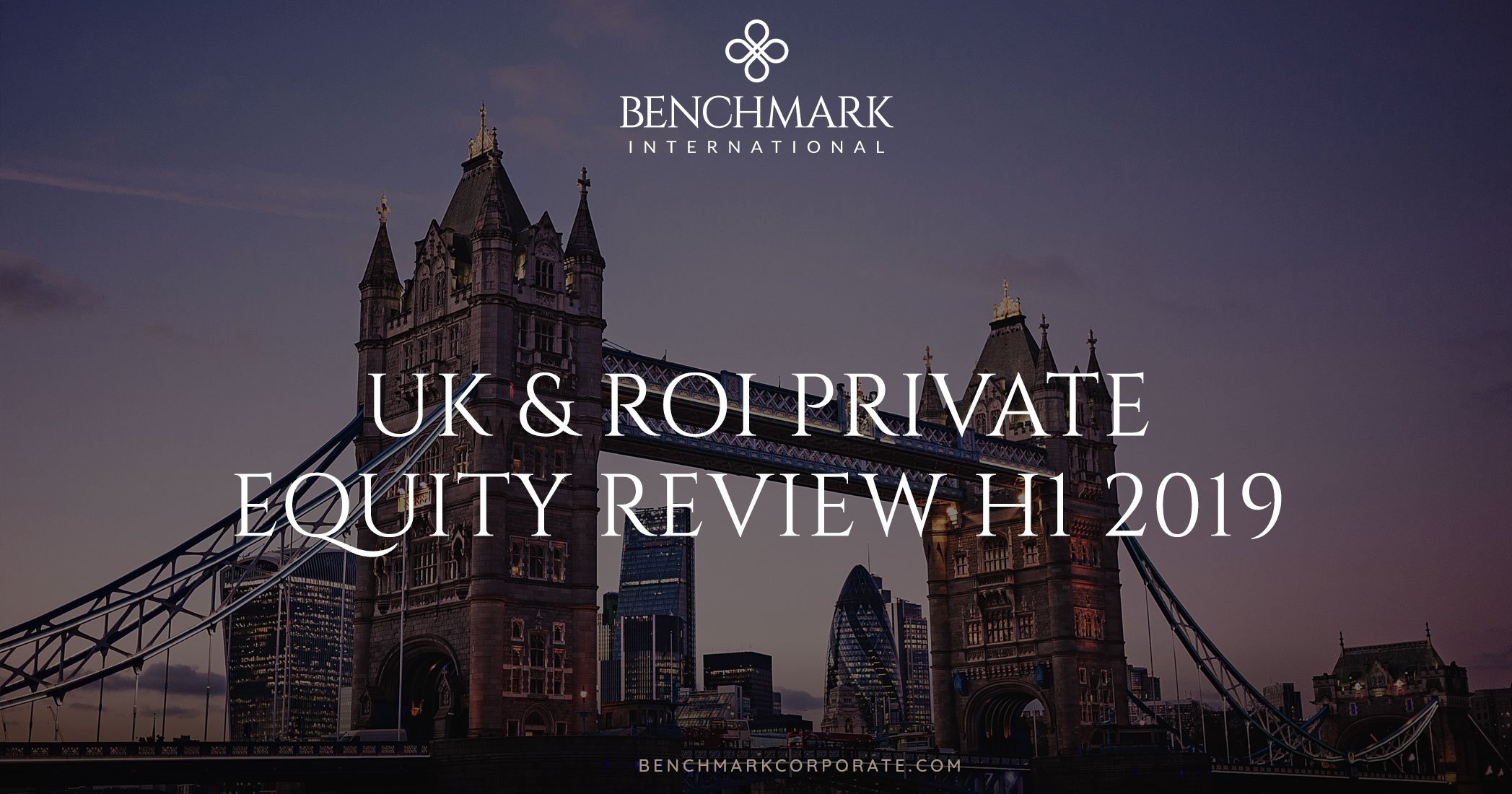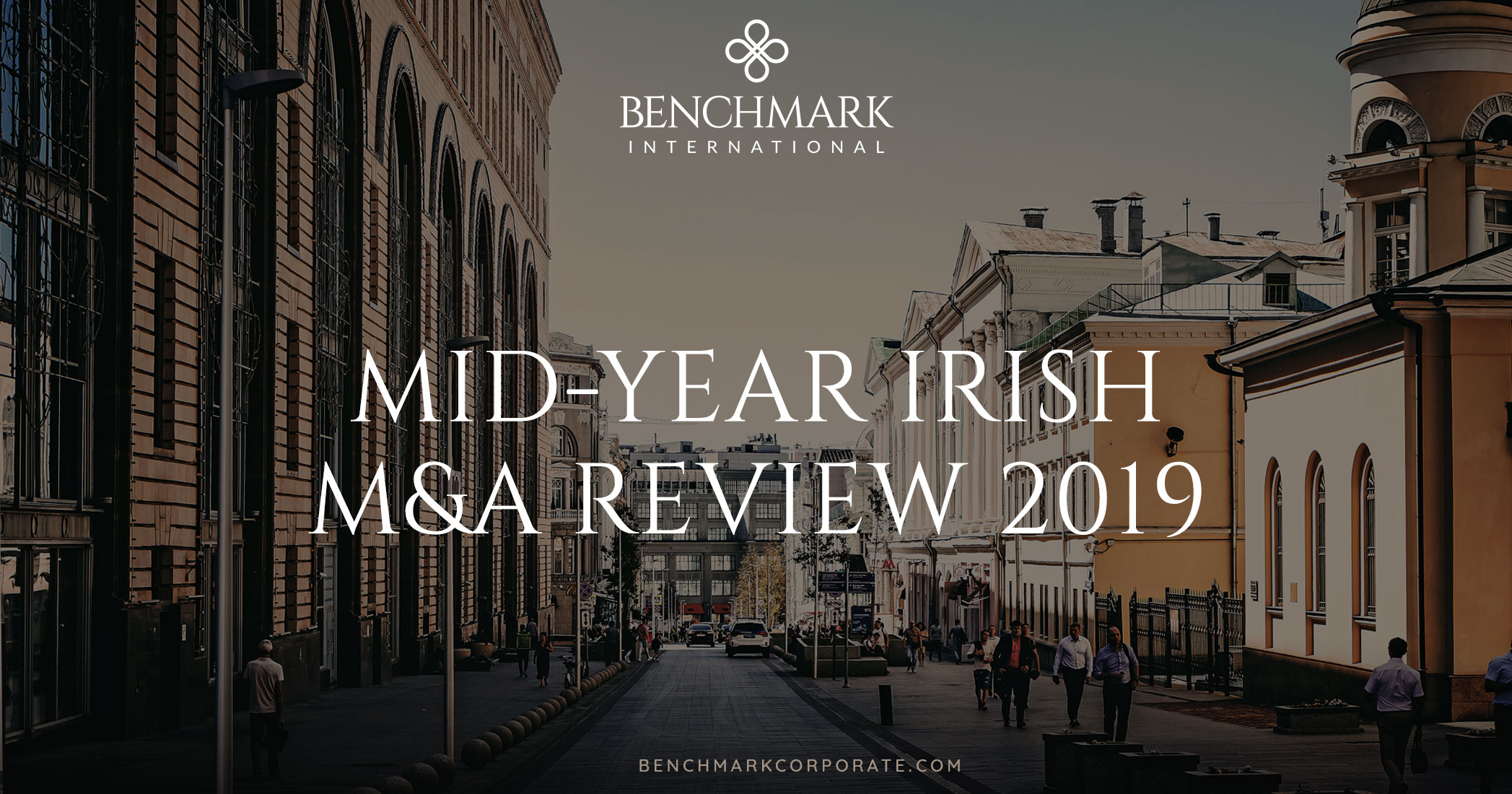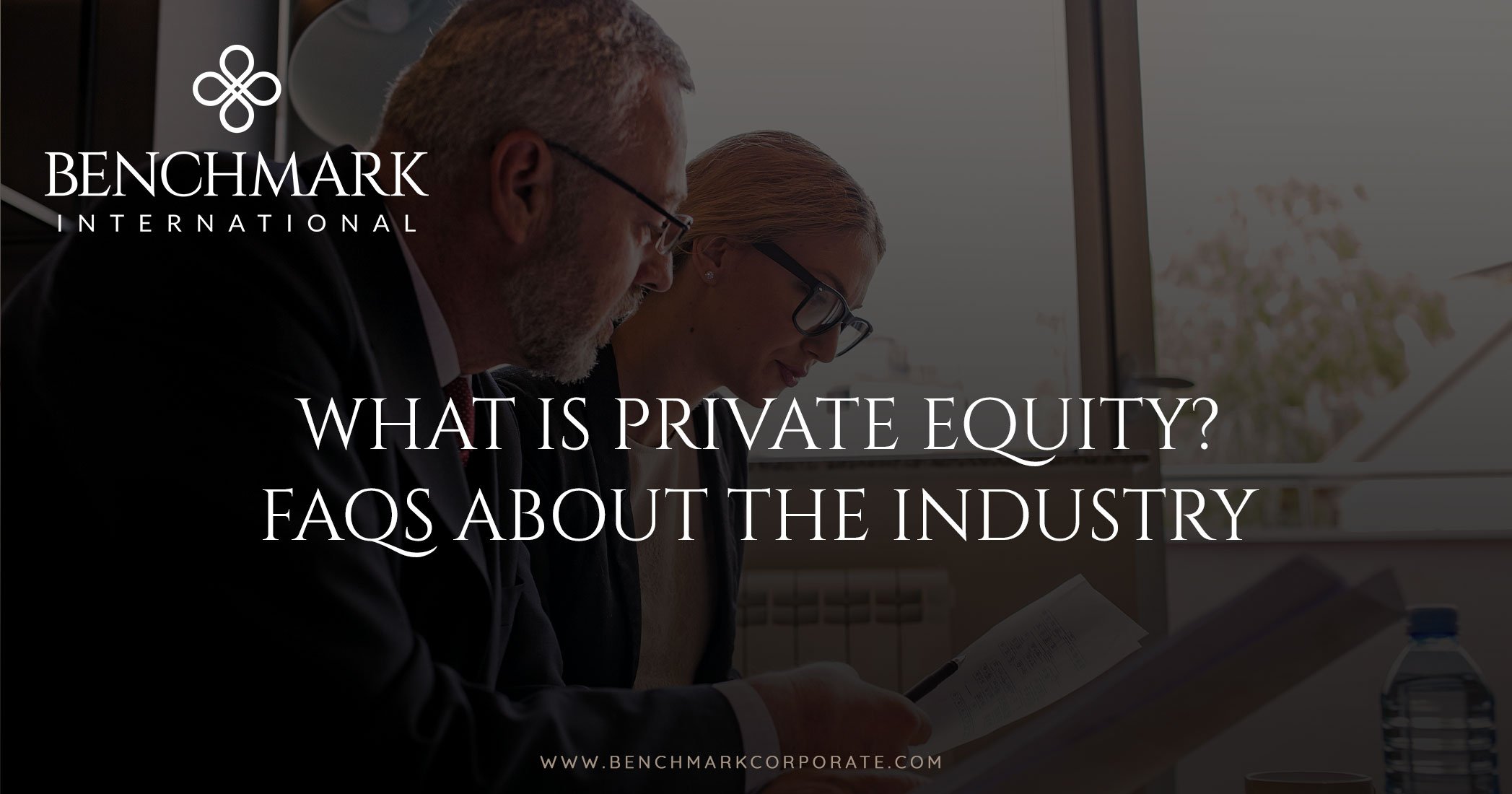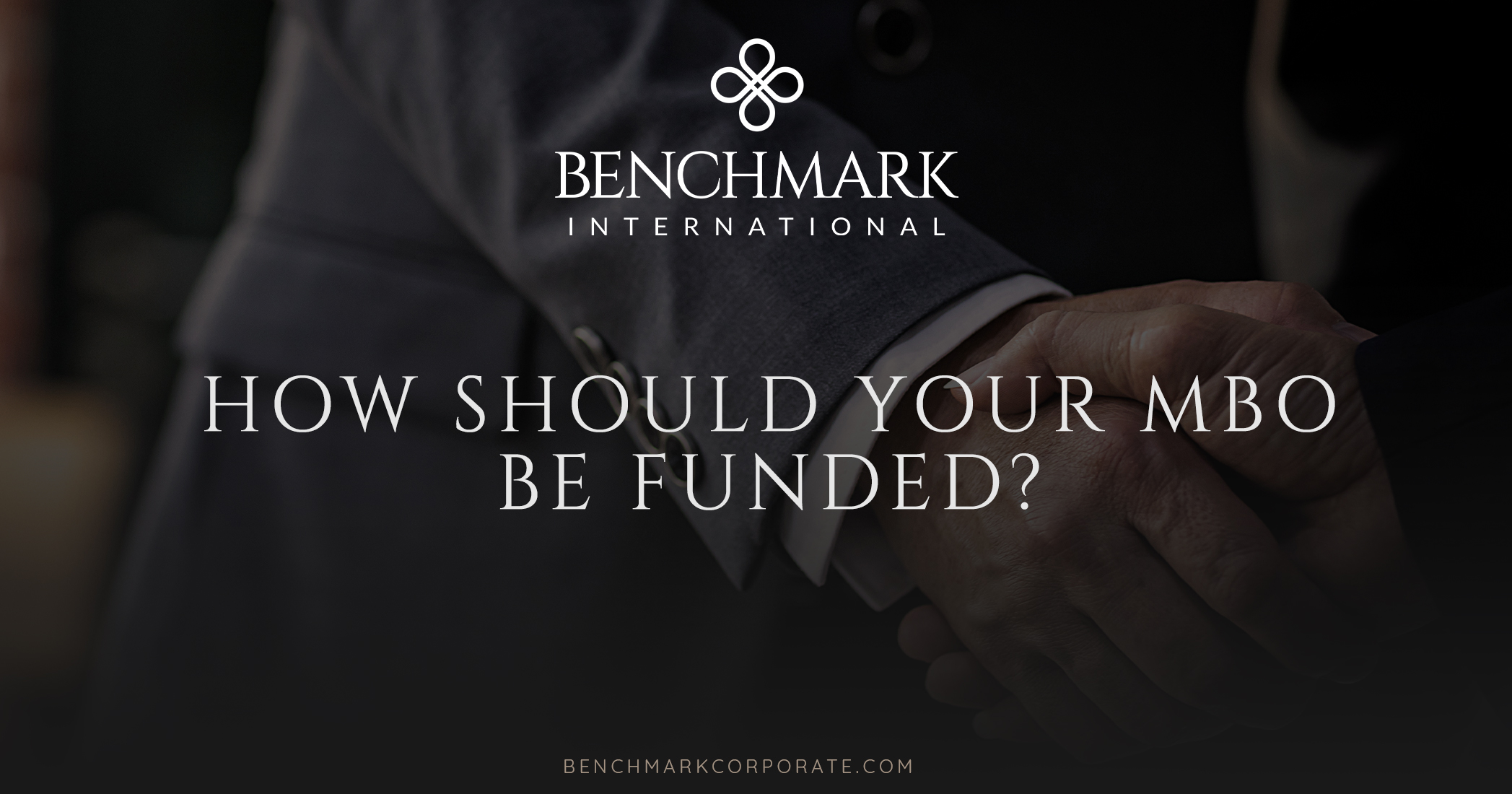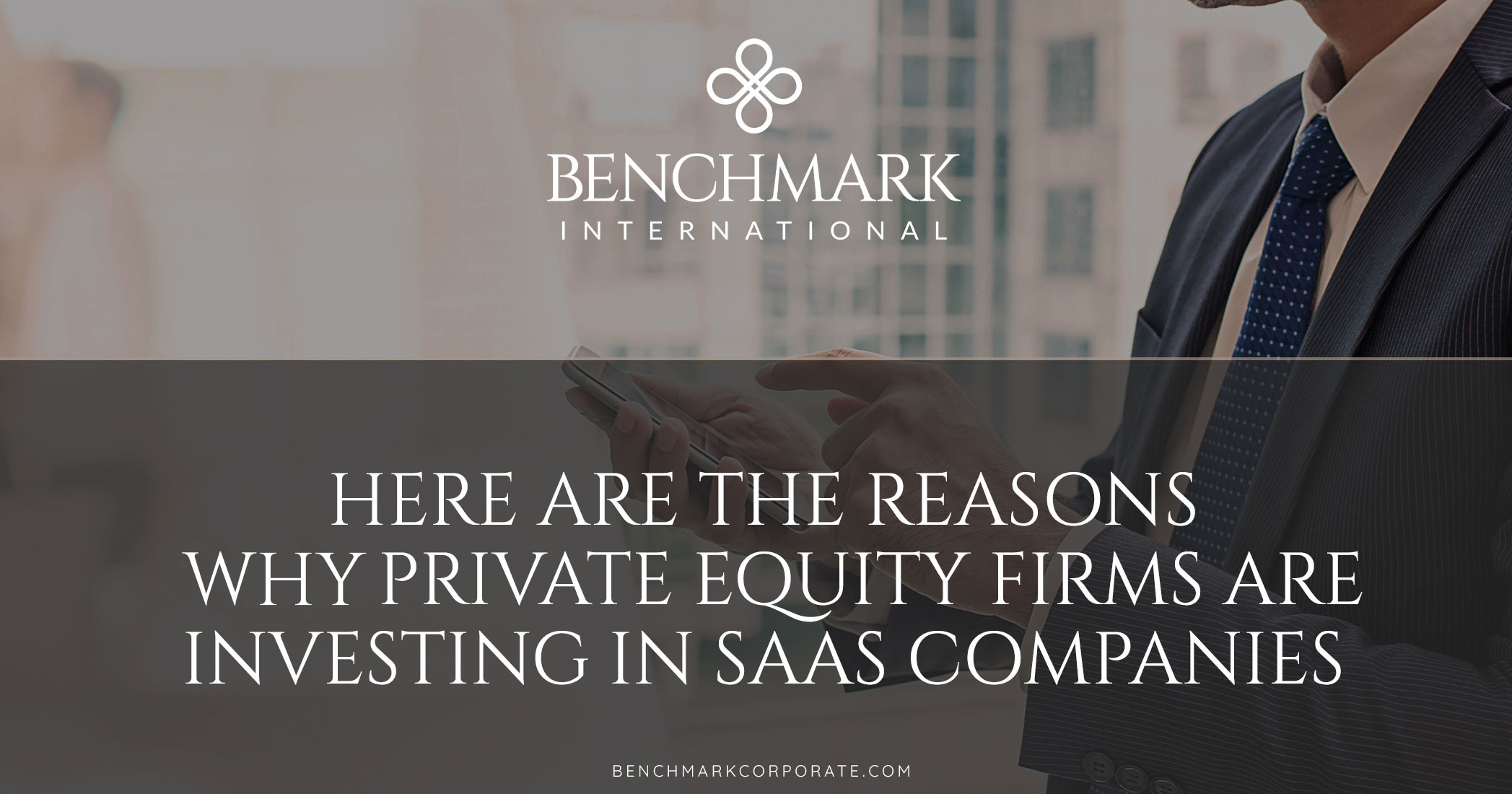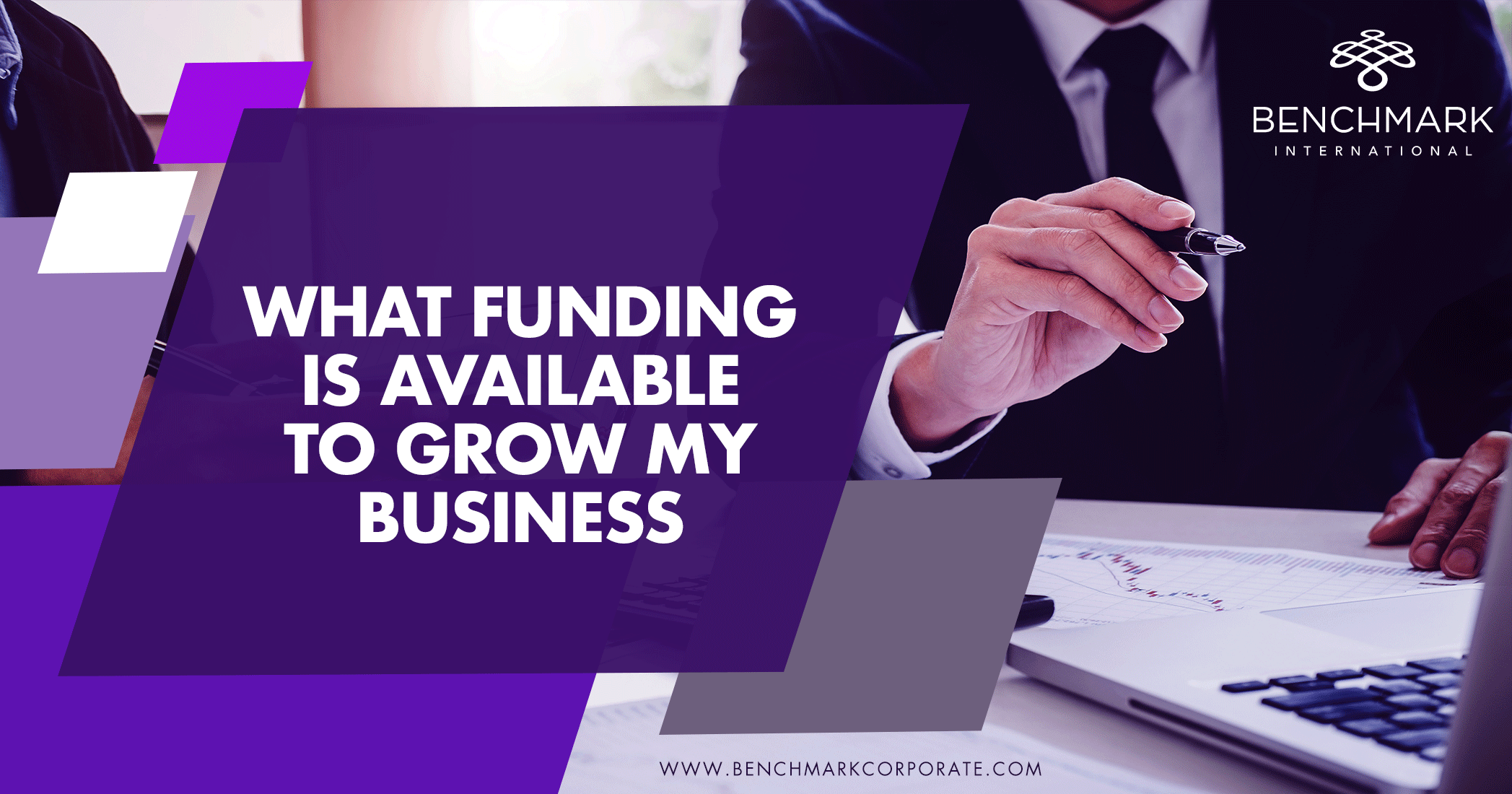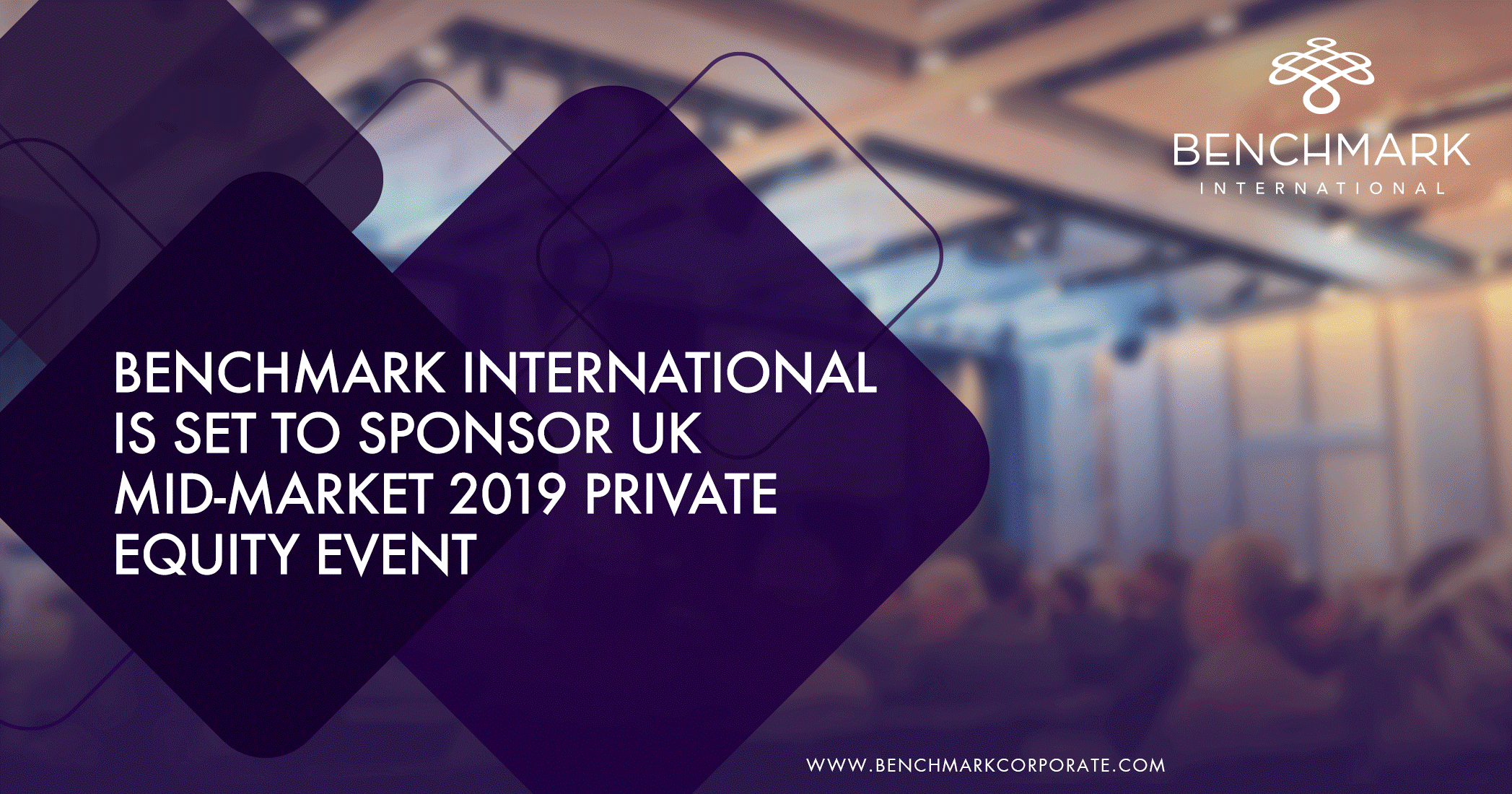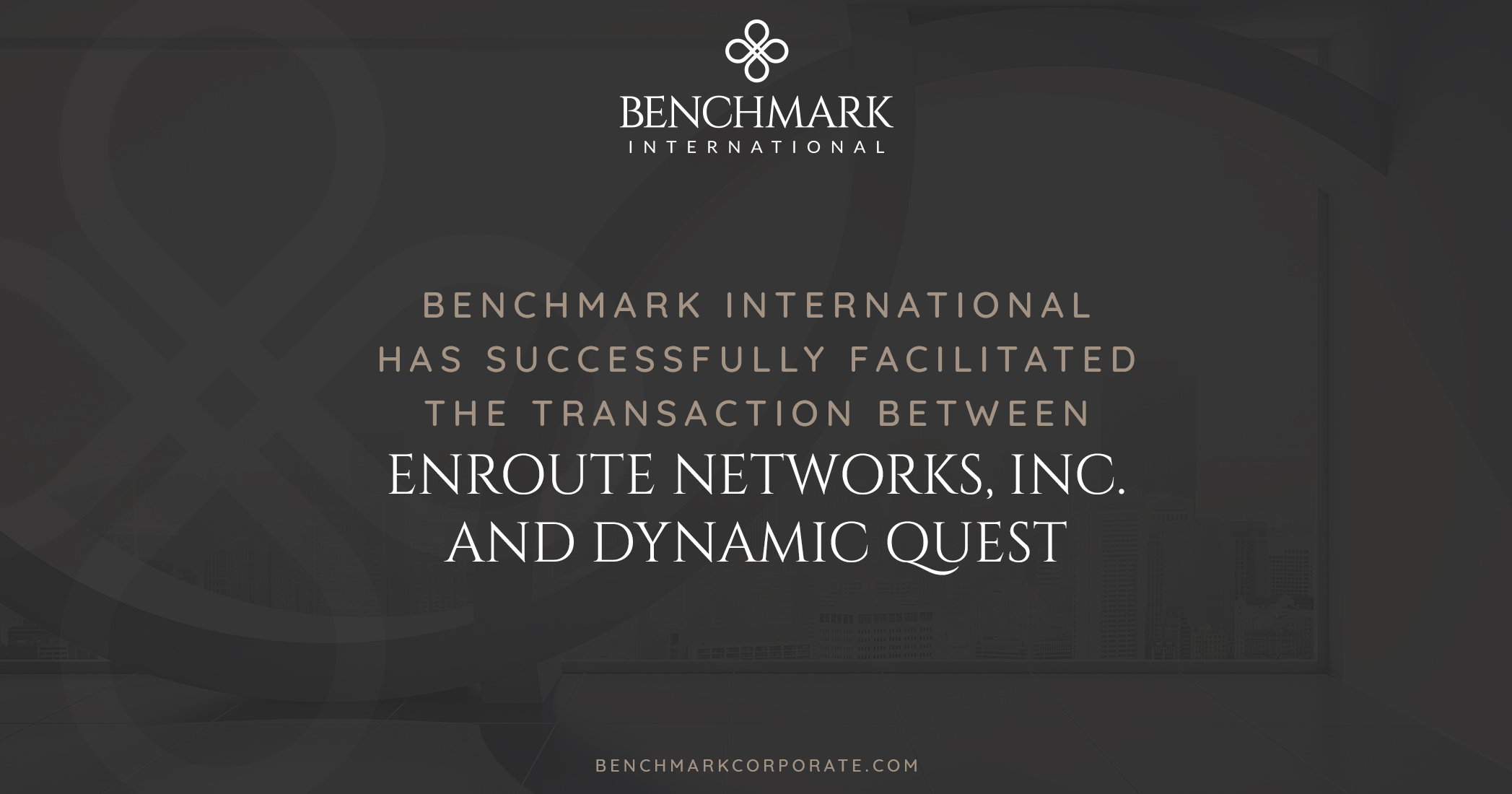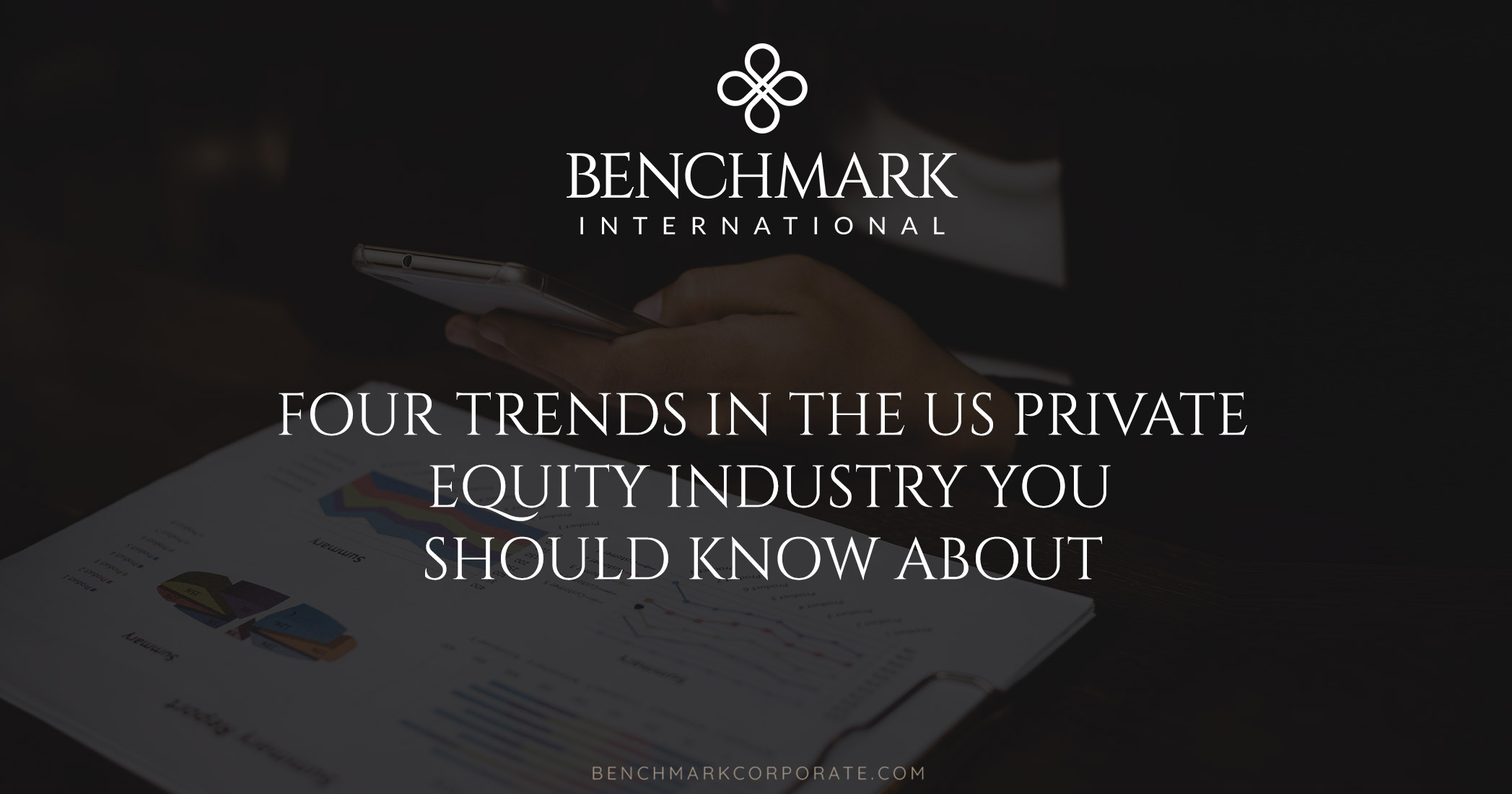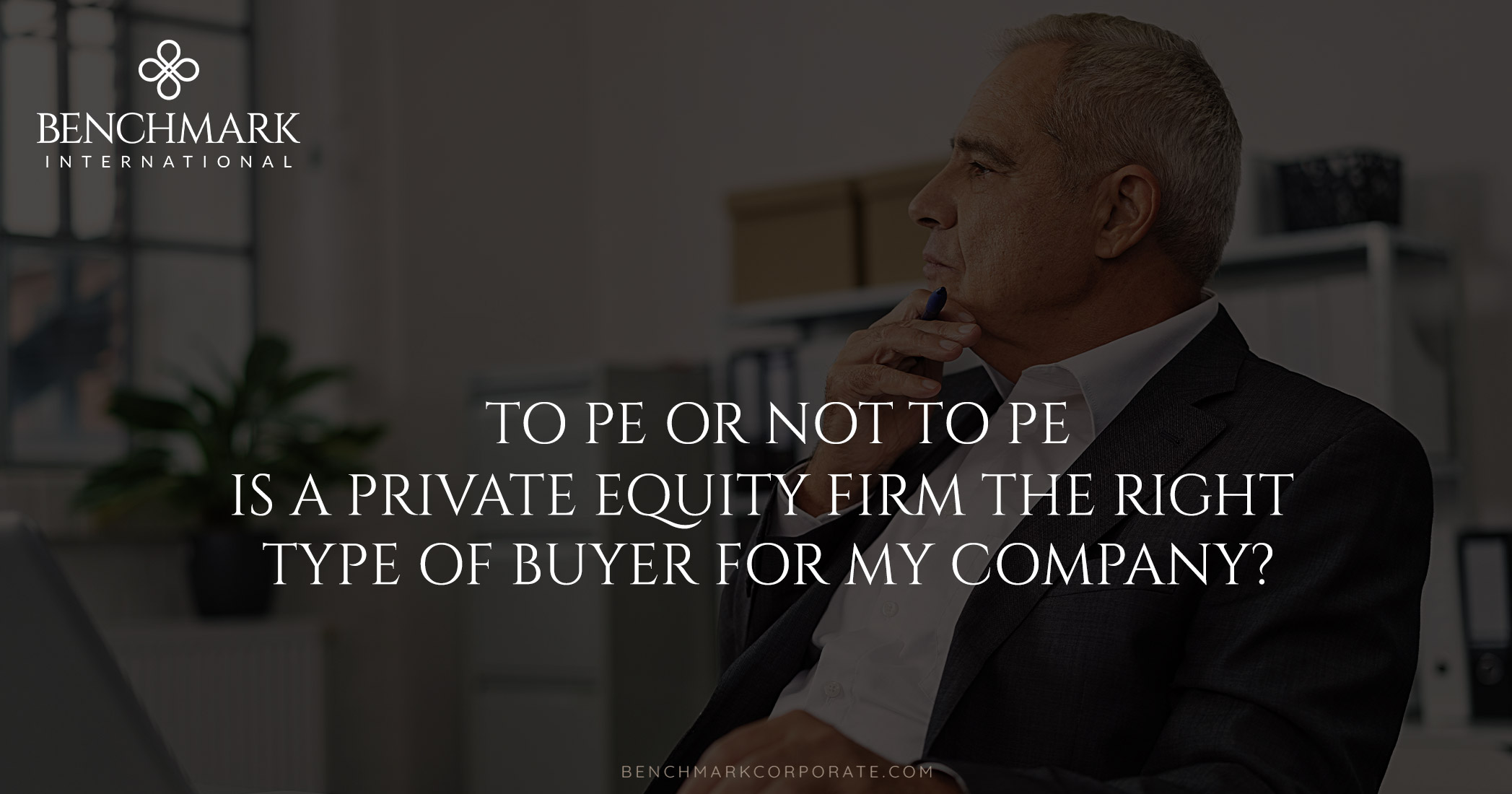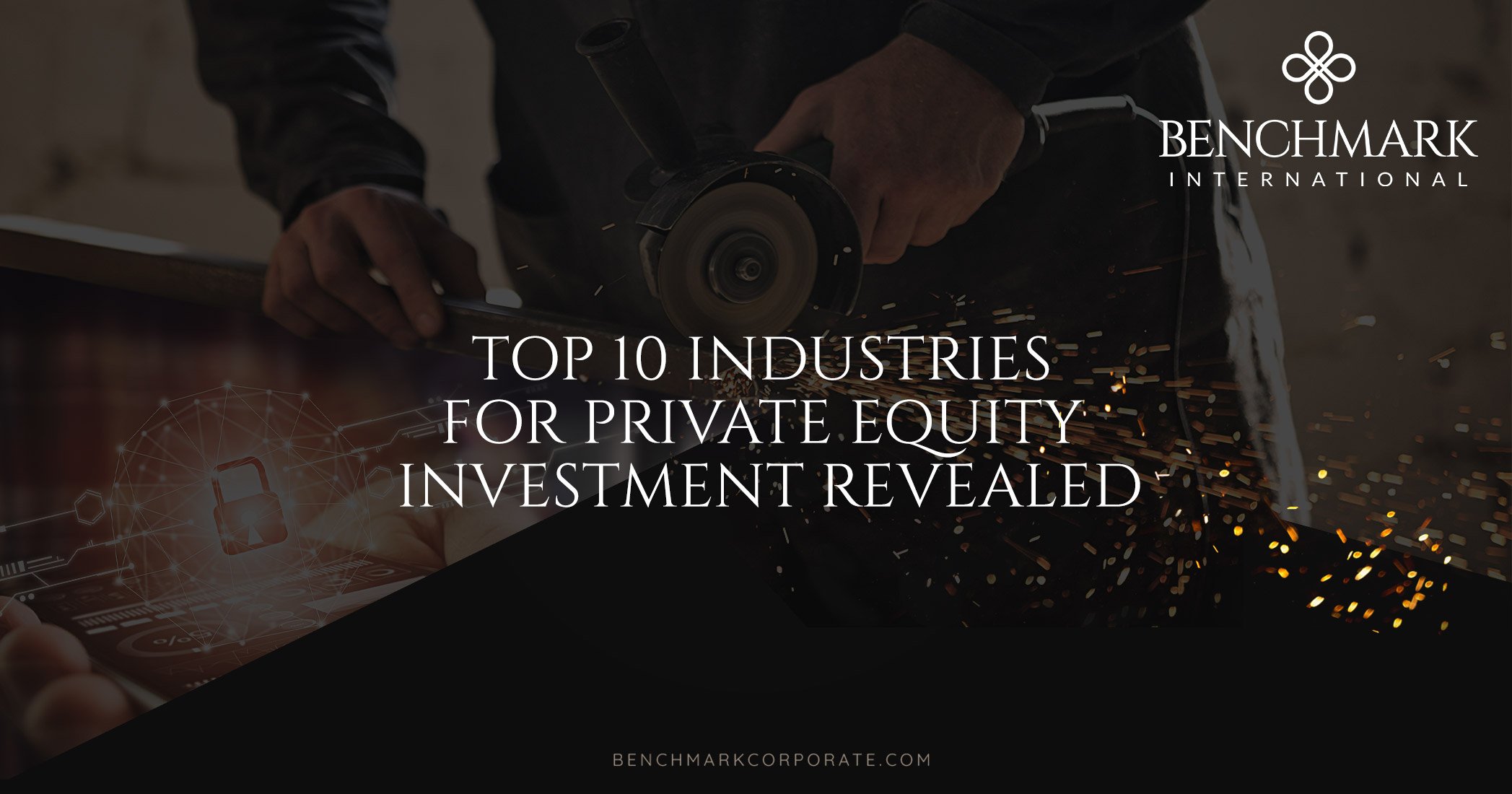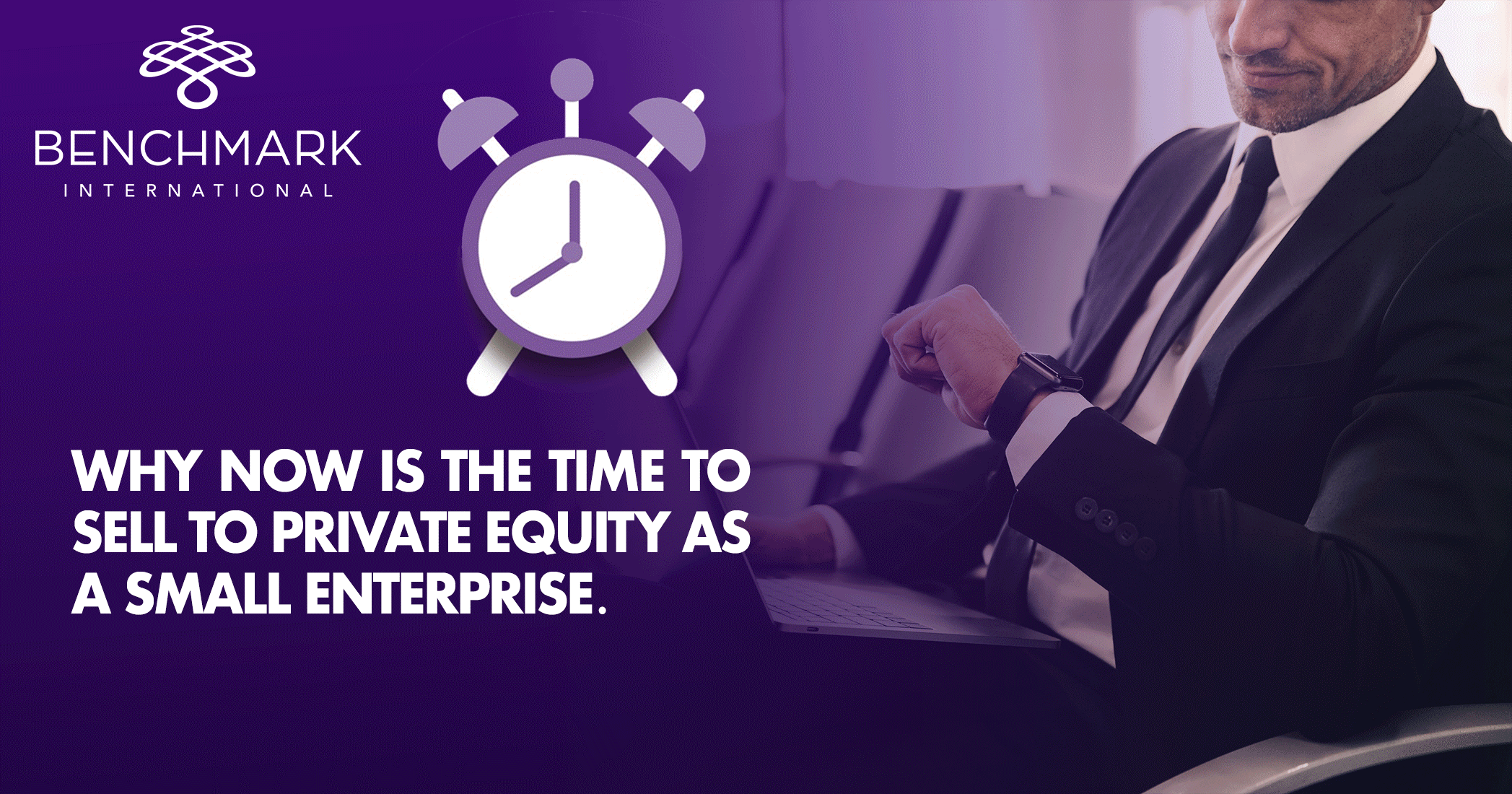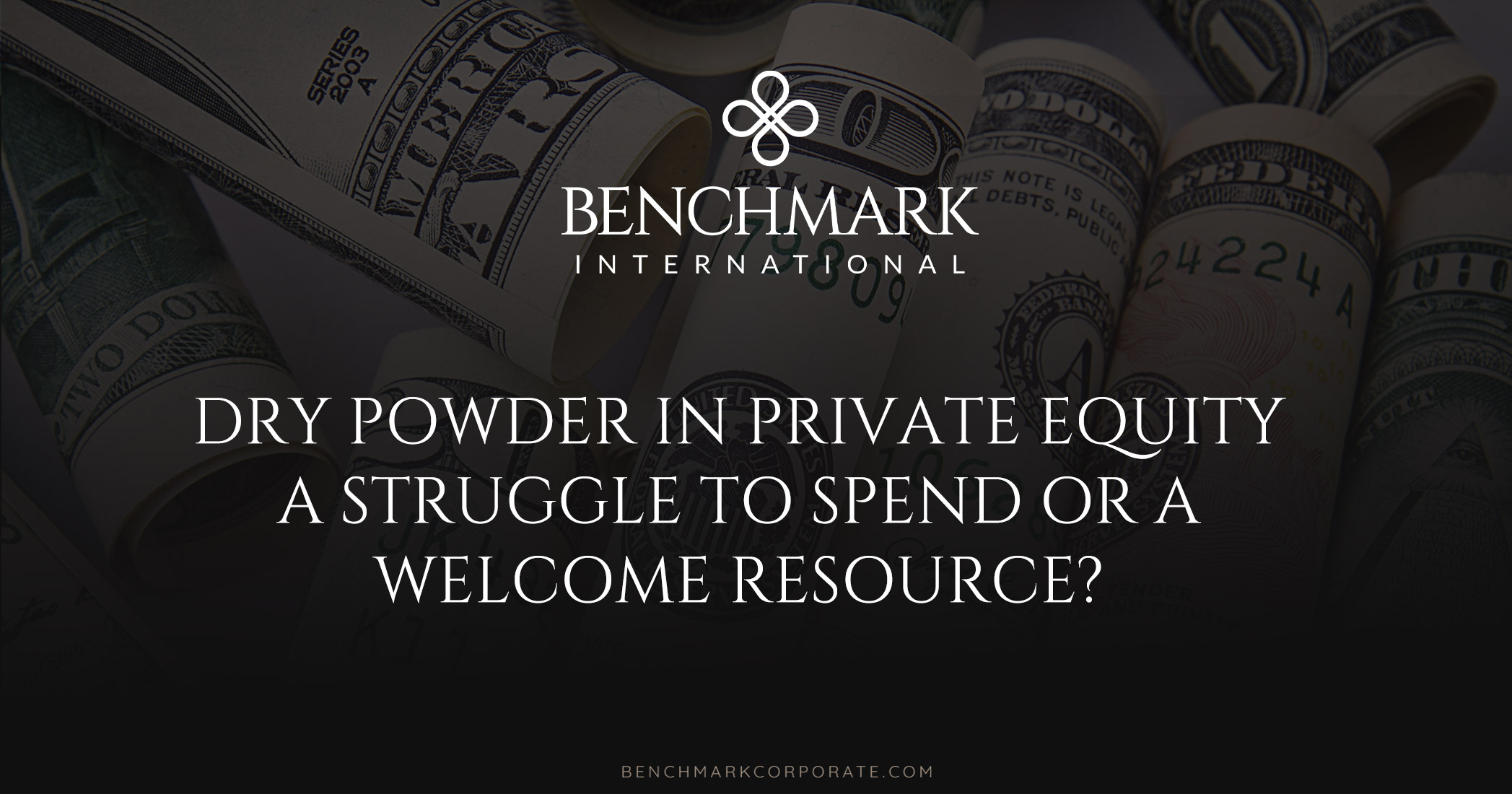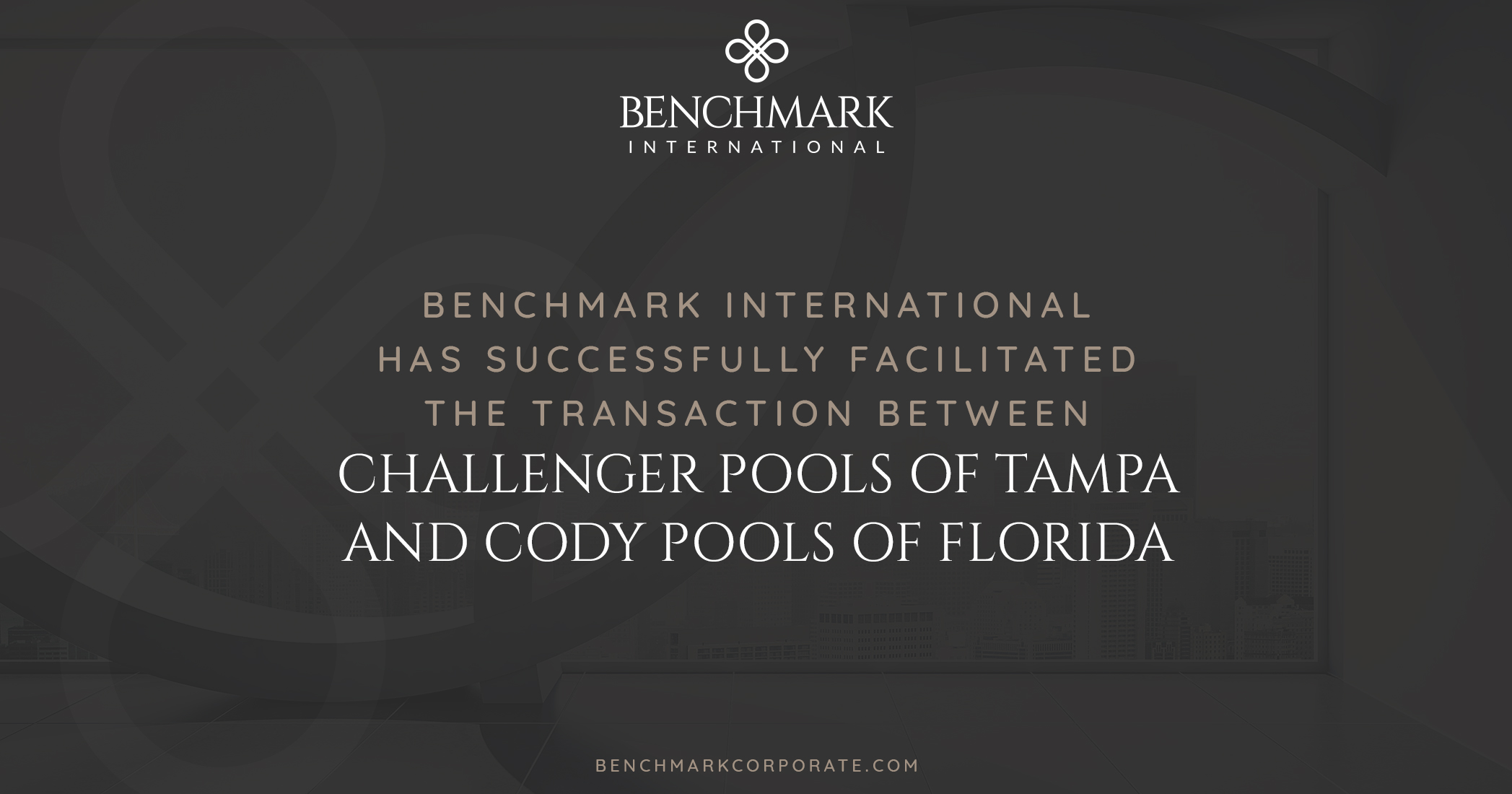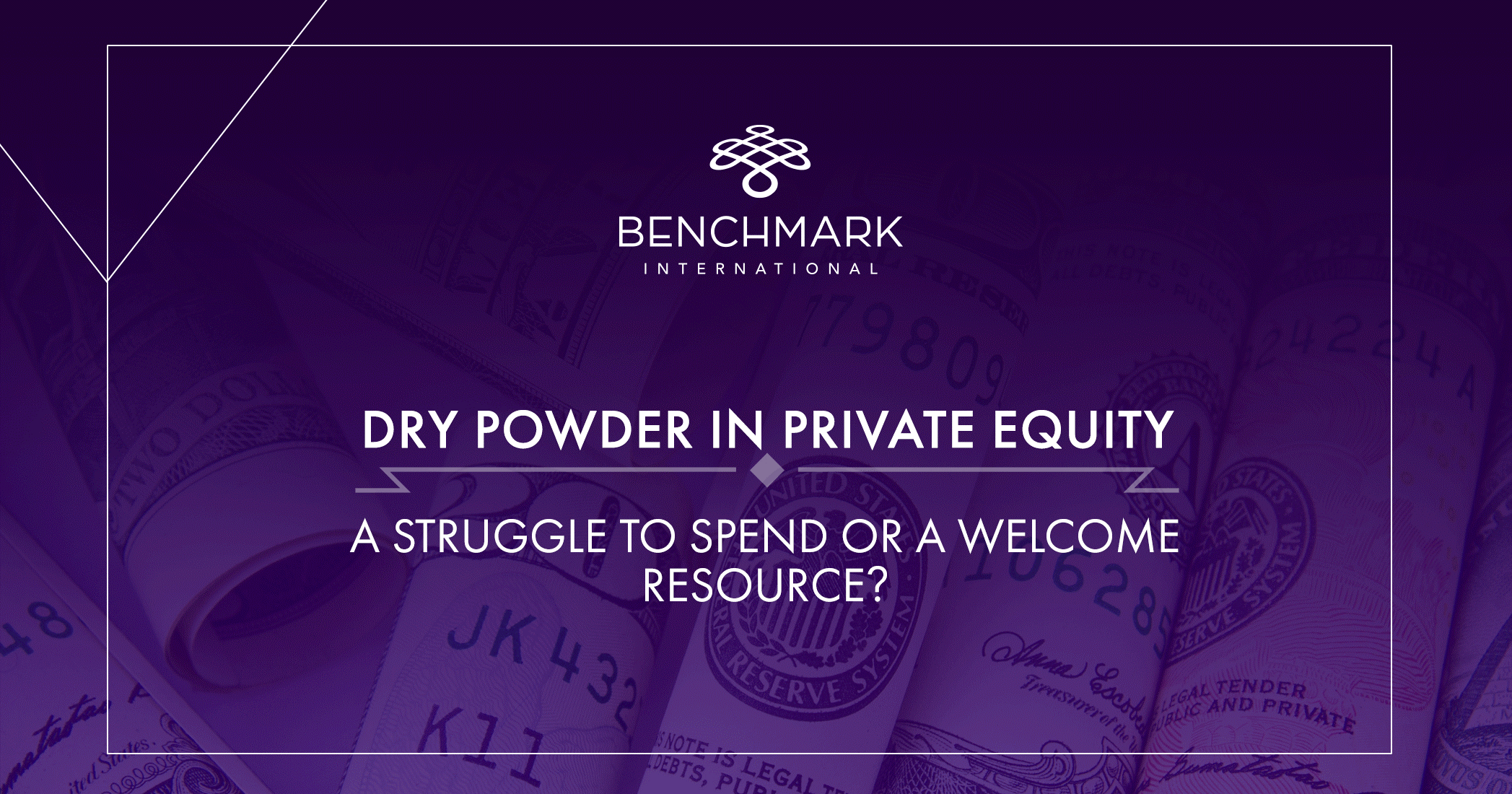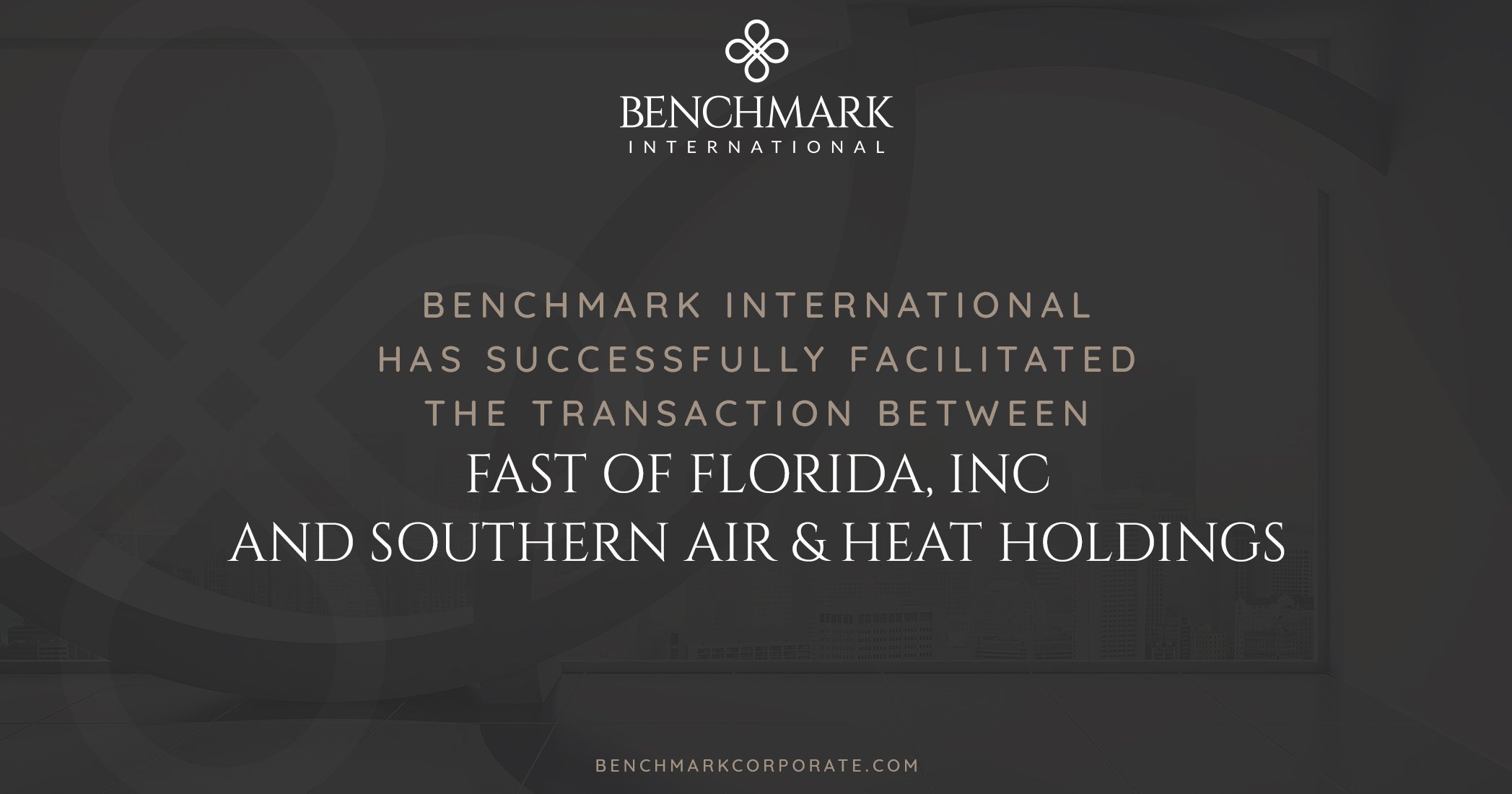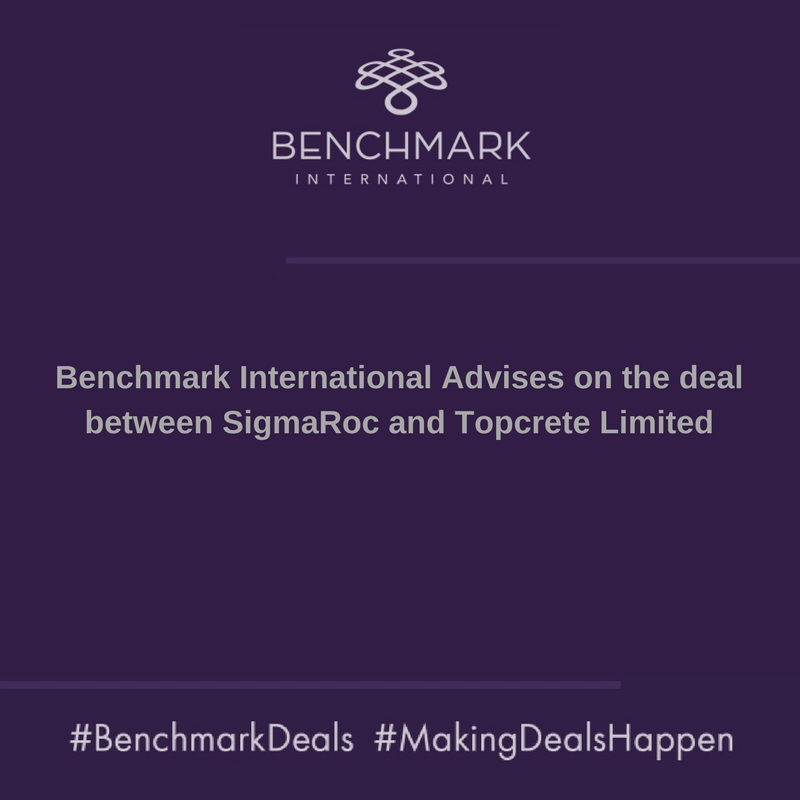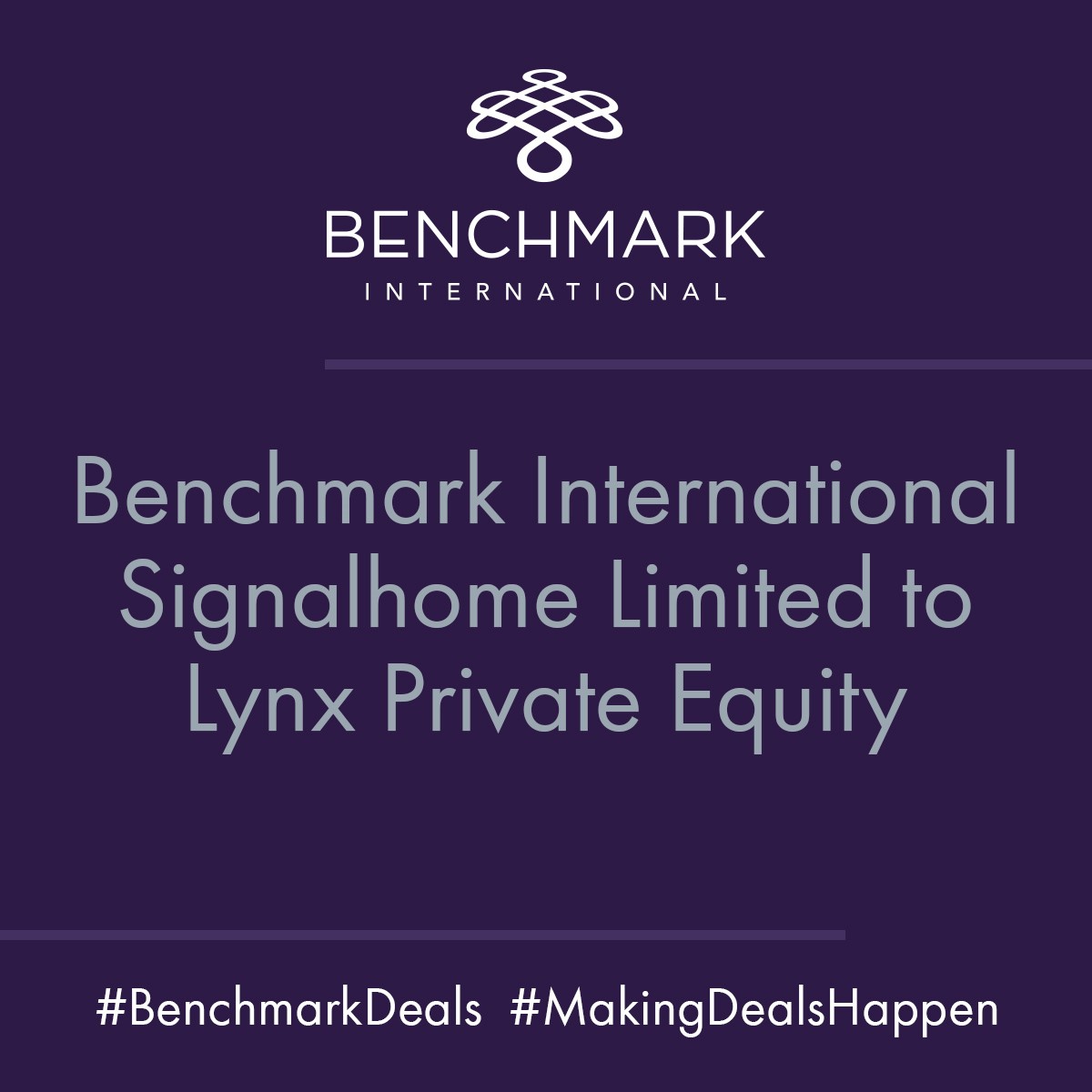A study by Private Equity Info has identified the top 10 industries that private equity firms have been acquiring during 2018. Below is a breakdown of the industries along with why they have been so popular with private equity firms.
1. Manufacturing
Manufacturing features on the list, in part, as a result of advancements in manufacturing. With automation, processes are made more efficient in many different sectors such as technology, aerospace, automobile and medical devices, making manufacturing companies an attractive prospect for private equity firms as they can utilise the technology in their portfolio companies and it is a good investment.
Watermill Group is a prime example of a private equity firm acquiring manufacturing companies. It currently has three manufacturing companies in its portfolio and within the past year acquired Andaray (Holdings) Limited and its subsidiary Cooper & Turner.
Commenting on this, Steve Karol, Managing Partner at Watermill Group said, “We are bullish on manufacturing in North America. Advanced manufacturing is creating a lot of new opportunities in many different sectors for many different companies.”
2. Software
Similar to manufacturing, the software industry is popular with private equity firms as it can be utilised within other sectors for their advancement.
Software can be utilised in all manner of sectors and is proving particularly popular in retail as it can detect changes in customer attitude. While a valuable asset to have, it is incredibly difficult for other sectors to replicate what the software can do, therefore lends itself as an add-on to other companies.
Proof of this is within European M&A. Within the last year, software M&A activity set a new record for the number of transactions conducted and one of the main drivers for this growth was private equity, with statistics from Mergermarket showing that there were $11.2 billion of private equity deals conducted out of the $24.7 billion overall total for 2017.

3. Technology
Once again, private equity is investing as technology is a useful asset to be used to improve portfolio companies.
What has been interesting over the past year is how private equity firms, themselves, have started to utilise technology for their own benefit, not just for the benefit of portfolio companies. For example, artificial intelligence systems are now being used to screen investment opportunities. This phenomenon is not expected to slow down either, as a survey by Coller Capital shows three quarters of investors believe their private equity programmes could be improved by the use of external data sources such as third party software and cloud applications to the digital marketplace.
4. Healthcare
There is an interest in healthcare from private equity given the fact that this is a growth sector because of the ageing population and the fact that the system is fragmented and needs to be consolidated. Recent acquisitions in this industry include that of Envision Healthcare by KKR in June 2018.
It’s particularly good news for healthcare companies in the UK, as private equity firms have been increasingly active in this market, believing the sector will fare well throughout Brexit.
5. Data
Data, in a similar way to technology, has been popular with private equity firms because of both acquiring the assets for their portfolio companies and because data can be used within the transactions themselves.
The use of data and analytics in private equity is gaining momentum as it can be used to identify issues at a quicker rate and focus the due diligence process, enabling both the buyer and seller to close a deal faster. It is important that a deal can be closed quickly for private equity firms, as record amount of dry powder available means that there is a lot more competition in the market.
6. Oil & Gas
As the oil & gas industry has strengthened in 2018 with a rise in commodity prices, costs and emerging technology the market is forecast to accelerate, with an expected global value of $2,627.4bn by the end of 2022, compared to $1,977.3bn in 2017.
This could make the industry an attractive prospect to private equity buyers although, that being said, oil & gas has always been a popular industry for private equity investment as it is a commodity that is always in demand, it produces a steady cash flow, there are high barriers to entry into the market, and it attracts strong profits.
7. Medical
While the medical industry has some crossover with healthcare, there is more of a focus on the area of medical devices, particularly within manufacturing and research. As innovative new drugs and devices are continually coming to market this is attractive for private equity. A recent acquisition in this sphere includes Mérieux Développement and Gimv’s acquisition of Stiplastics Healthcaring.

8. Construction/10. Engineering
While construction and engineering appeared in eighth and tenth places respectively, there has been an increased presence of private equity firms in the combined engineering and construction industry. While last year saw an increase in private equity exits, there was also an increase in acquisition activity.
One notable transaction in 2017 was that of Warburg Pincus’ acquisition of Service Logic. This acquisition is a key example of why private equity interest has increased as Service Logic is a HVAC and mechanical services provider, an area which private equity firms are eager to enter because of the recurring revenues available. There has been even more interest in recent years as the aftermarket is growing as a result of a need for it within the construction industry.
9. Transportation & Logistics
Private equity in the transportation & logistics industry has emerged as a large player since the 2008 financial crisis as it worked at consolidating a fragmented market and financing expansion. In 2014, there was a shift to publicly trading companies acquiring transportation & logistics companies, and private equity took advantage of a buyers’ market and sold. By 2015, however, private equity was back to being the main contender as spending slowed down from publicly traded companies due to their stock prices falling, whereas private equity had the necessary resources.
One such company that specialises in transportation & logistics acquisitions is Greenbriar Equity Group, with the majority of its current portfolio dating back to 2015. Some of its recent acquisitions include The Whitcraft Group (April 2017) and LaserShip (March 2018).
WE ARE READY WHEN YOU ARE
Call Benchmark International today if you are interested in an exit or growth strategy or if you are interested in acquiring.
 Benchmark International
Benchmark International  Benchmark International
Benchmark International 
